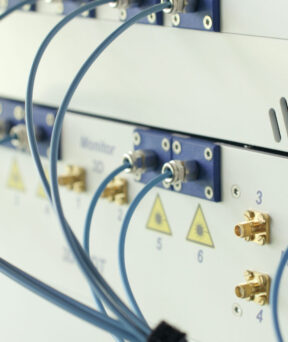Ultra-stable Master Laser
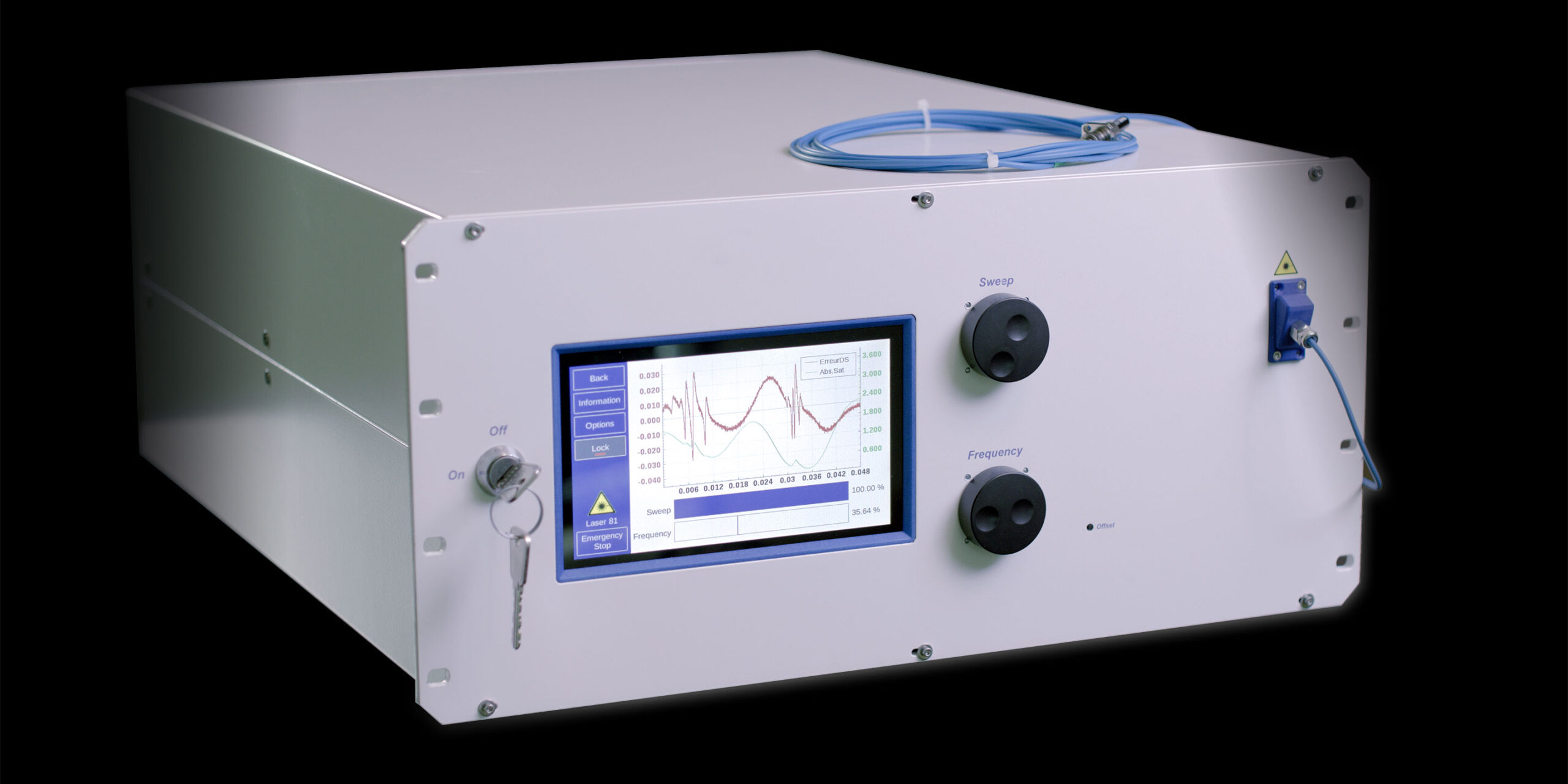

iXblue proposes a new generation of stable and automated laser systems offering a high-power ultra-stable and precise frequency reference. The USML laser series is mainly dedicated to manipulate Rubidium atoms and hence provides 780 nm laser light. However, other wavelength for other species can be discussed upon request.
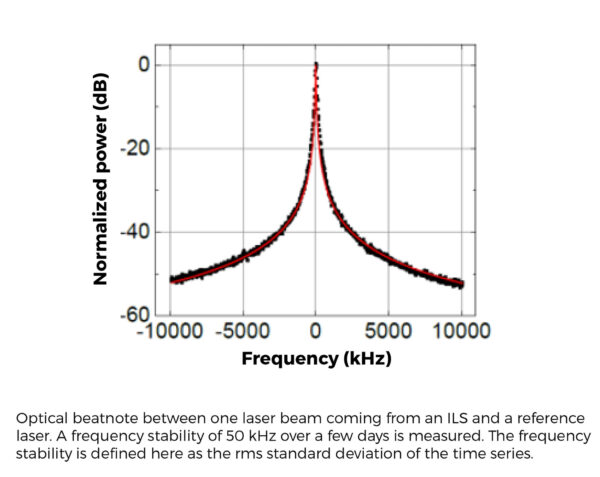
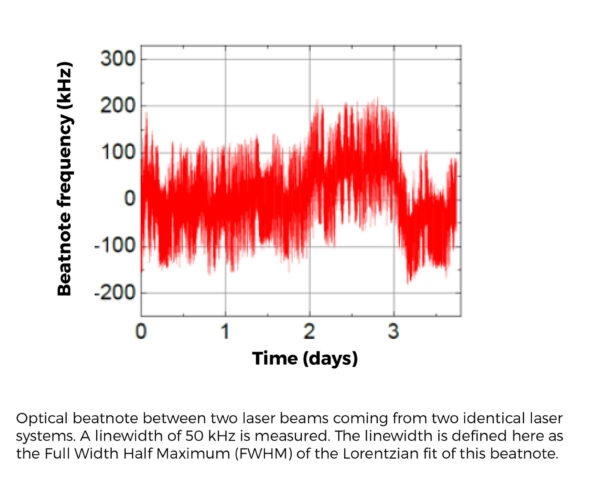
Publications
-
A fibered laser system for the MIGA large scale atom interferometer
Nature Scientific Report, 10:3268 (2020)
We describe the realization and characterization of a compact, autonomous fber laser system that produces the optical frequencies required for laser cooling, trapping, manipulation, and detection of 87Rb atoms – a typical atomic species for emerging quantum technologies
Download -
A prototype industrial laser system for cold atom inertial sensing in space
Eur. Phys. J. D, 73: 248 (2019)
We present the design, realization, characterization and testing of an industrial prototype of a laser system, which is based on frequency doubling of telecom lasers and features all key functionalities to drive a cold atom space gradiometer based on the architecture proposed in [1]. Testing was performed by implementing the laser system onto a ground based atomic sensor currently under development. The system reaches a Technology Readiness Level (TRL) of 4, corresponding to an operational validation in a controlled environment. The optical architecture of the system can be adapted to other space mission scenarios.
Download
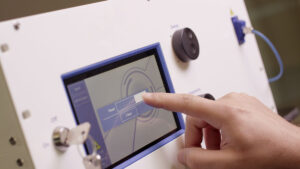 and power supply to offer:
and power supply to offer: